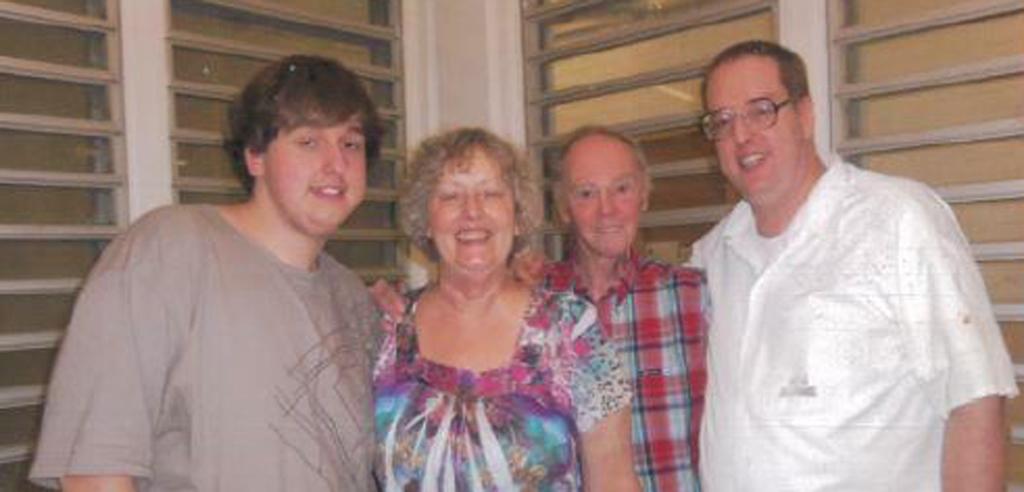The State of Alabama executed Ronald Smith tonight even though his jury rejected the death penalty and decided he should be sentenced to life imprisonment without parole. Alabama is the only state in the country that allows a judge to override the jury and impose a death sentence when the jury returns a verdict for life.
During the 34-minute execution, Mr. Smith heaved and coughed for about 13 minutes and two consciousness tests were performed. Journalists who witnessed the execution reported that “from about 10:34 to 10:47, Smith appeared to be struggling for breath and heaved and coughed and clenched his left fist after apparently being administered the first drug in the three-drug combination. At times his left eye also appeared to be slightly open.” Mr. Smith continued to heave, gasp, and cough after the first consciousness check was performed at 10:37 p.m. and after the second check at 10:47 p.m., his right arm and hand moved.
Florida and Delaware previously allowed judge override, but on January 12, the United States Supreme Court struck down Florida’s death penalty statute, holding in Hurst v. Florida that a jury, not a judge, must find each fact necessary to impose a death sentence. The Court found that the “jury’s mere recommendation is not enough.”
In response to Hurst, Florida changed its sentencing law and abolished judicial override, and in August, the Delaware Supreme Court struck down that state’s death penalty statute after finding it violates the Sixth Amendment.
That leaves Alabama as an outlier, the only state in the country where an elected trial judge can disregard a jury verdict for life and impose the death penalty. In stark contrast, in nearly every other death penalty state, the death penalty cannot be imposed unless all 12 jurors vote for death.
Ronald Smith was a 23-year-old Army reservist struggling with severe alcohol dependency when he fatally shot Casey Wilson, a convenience store clerk, in Huntsville, Alabama, in 1994. Mr. Smith immediately confessed the crime and expressed remorse, and testified at trial that he had been drinking prior to the crime. After hearing evidence about Mr. Smith’s excessive drinking, which began in college and escalated in the weeks before the crime, the jury decided life without parole was the appropriate punishment. Two months later, on October 6, 1995, the elected Madison County trial judge sentenced Mr. Smith to death despite the jury’s life verdict.
Alabama does not provide lawyers to poor people on death row to file postconviction appeals, and like most death-sentenced inmates in Alabama, Mr. Smith depended on help from volunteer attorneys. Unbeknownst to Mr. Smith, his volunteer counsel, who suffered from drug and alcohol dependency that ultimately led to his arrest, inability to practice law, and suicide, failed to properly file Mr. Smith’s postconviction petition within the one-year limitations period and subsequently abandoned Mr. Smith. As a result, Mr. Smith was denied federal review of his constitutional claims, including the claim challenging the judge’s override of the jury’s life verdict.
Mr. Smith is the 11th person put to death in Alabama despite a jury verdict rejecting the death penalty and the 30th person executed despite prosecutors’ failure to convince all 12 jurors that death was the appropriate sentence.
Alabama’s last execution was in January. The execution of Christopher Brooks renewed questions about the efficacy of the drugs the state used in Mr. Smith’s lethal injection. On November 3, the United States Supreme Court stayed the execution of 74-year-old Tommy Arthur amid questions about the legality of Alabama’s method of execution and the constitutionality of its death penalty statute.
Mr. Smith challenged the constitutionality of the state’s execution protocol, arguing that the first drug fails to ensure adequate sedation before excruciatingly painful drugs are injected, and asked the United States Supreme Court to review the constitutionality of Alabama’s death penalty statute after Hurst.
Last night, just after 5:00 p.m., the Court temporarily halted Mr. Smith’s execution, which was scheduled for 6:00 p.m., to consider Mr. Smith’s request for a stay of execution. At 7:25 p.m., the Court denied the stay even though four justices voted to grant it. (Four votes are required to grant review of a case, but five votes are required to stay an execution.) Mr. Smith’s lawyers filed a motion for reconsideration, and the Court temporarily halted the execution for a second time. The Court denied reconsideration and the execution was set for 9:45 p.m. Mr. Smith was declared dead at 11.05 p.m.
